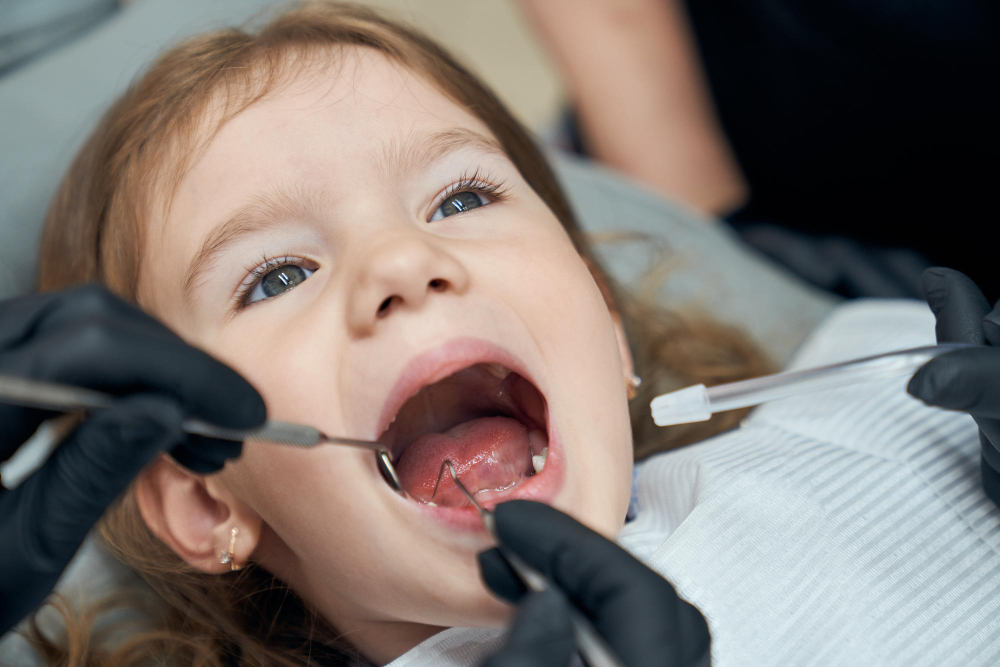What Is Early Childhood Caries?
Early childhood caries is a type of tooth decay that affects young children. It often starts soon after a child’s teeth appear. Because it can cause pain and infection, early childhood caries prevention is very important. This condition is also called baby bottle tooth decay. According to the CDC, it is one of the most common chronic diseases in children. But with the right steps, you can help keep your child’s teeth healthy.
Common Symptoms and Early Signs
It is important to spot early signs of tooth decay in children. This way, you can act quickly. Look for these symptoms:
Sometimes, children may not show pain until the decay is severe. Therefore, regular checks are important.
Main Causes and Risk Factors
Several things can lead to early childhood caries. Knowing these causes helps with prevention. The main risk factors include:
In addition, children with special health needs may have a higher risk. The CDC and WHO both stress the importance of early prevention.
Effective Prevention Strategies
There are many ways to prevent early childhood caries. Here are some proven strategies:
Oral Hygiene
Healthy Diet
Dental Visits
Following these steps helps with cavity prevention in toddlers and supports children’s dental health.
Practical Lifestyle Tips for Parents
Parents play a big role in keeping children’s teeth healthy. Here are some easy tips:
With these habits, you can help prevent tooth decay and keep your child smiling.
The Importance of Early Dental Care
Early dental care is key for lifelong oral health. When children visit the dentist early, problems can be found and treated quickly. Also, dentists can teach parents how to prevent early childhood caries. According to the American Academy of Pediatric Dentistry, early visits lower the risk of cavities and help children feel comfortable at the dentist. In summary, starting dental care early sets the stage for healthy teeth and gums.
Conclusion
To sum up, early childhood caries prevention is possible with simple steps. Practice good oral hygiene, offer healthy foods, and visit the dentist early. For more help, consult your pediatric dentist for personalized advice on your child’s oral health.

